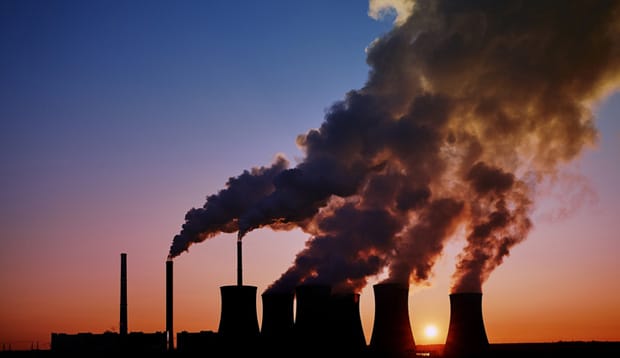Prime Minister Malcolm Turnbull has described the Federal Government’s new National Energy Guarantee (NEG) as an end to “climate wars”.
Yet Labor, the Greens and industry bodies have criticised the scheme, which replaces the abandoned Clean Energy Target (CET).
John Grimes of the Australian Solar Council says the new scheme will increase the cost of renewable energy projects.
He said: “Australians are overwhelmingly choosing smart energy – solar and battery storage – because it slashes their power bills, gives them energy security and cuts emissions.
“The Turnbull Government has failed to see what is so obvious to Australian families.”
Even former Liberal leader Tony Abbott has criticised Malcolm Turnbull for stifling party room debate on the new plan.
National Energy Guarantee (NEG) attacked in Parliament
Reported in the Guardian, Labor’s climate change spokesman Mark Butler said: “I don’t think anyone understands what this policy means.”

Households can hope to see their energy bills reduced by 50 cents a week at best, he added.
Shadow Minister Anthony Albanese also told Parliament that the Prime Minister had “refused to guarantee that prices will fall”.
“Does that mean that the so-called National Energy Guarantee has no guarantee, no modelling and no regulatory impact statement?” he said. “What is the point of a national guarantee if the Prime Minister … cannot guarantee power prices also go down?”
Greens Leader Richard Di Natale asked Attorney General George Brandis a number of NEG-related questions in Parliament today.
He subsequently accused Mr Turnbull of neglecting clean energy like solar power systems and “leading the most pro-coal, anti-renewables party in this nation’s history”, as reported by the ABC.
Farming sector gives NEG support
However, early details of the Federal Government’s new energy plan appear ‘promising’, the National Farmers’ Federation (NFF) said today.
NFF President Fiona Simson told the ABC the NEG could address spiralling power bills in the agricultural sector.
Ms Simson said: “We needed a market-based mechanism, we wanted it to be technologically neutral and it has to obviously go with the Paris targets.
“On the face of it this does look like it will tick those boxes and we’re looking forward to seeing more detail.”













































